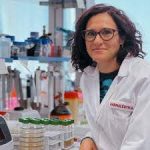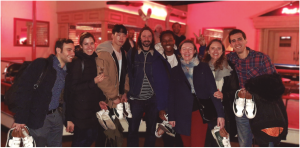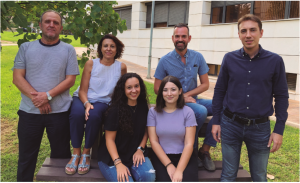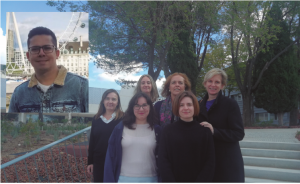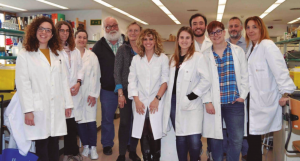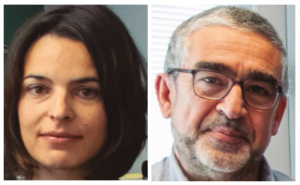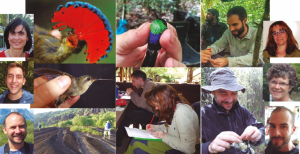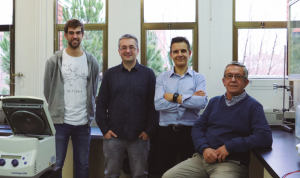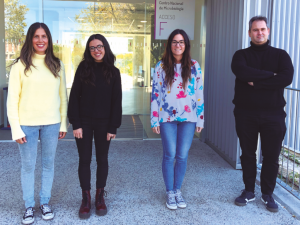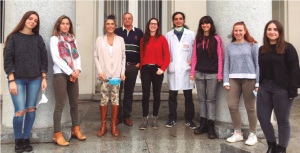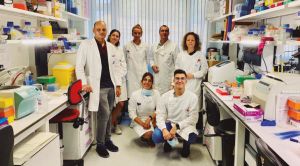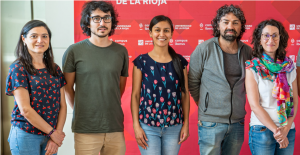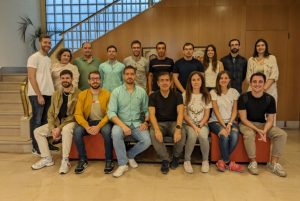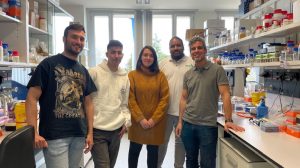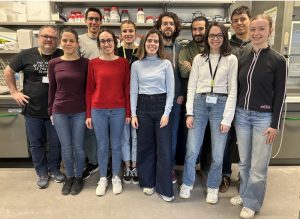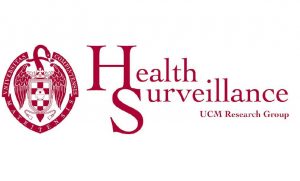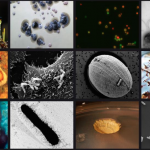
Welcome to Specialized Group of Biology of Pathogenic Microorganisms (GEBMP) of the Spanish Society of Microbiology.
The intention of the current Board of Directors of the GEBMP is to become a forum for interaction of all members of the Spanish Society of Microbiology interested in infectious diseases. Although the main focus is on pathogens that cause disease in humans, all those who investigate non-human pathogens are welcome to collaborate in the Group's activities. We understand that the biology of pathogenic microorganisms is a multidisciplinary field, so it must attract people with different backgrounds, such as doctors, biologists, pharmacists and veterinarians, among others. Our expectation is that the activities of the group cover the main aspects of infectious diseases, such as:
- Basic investigation of the way of life of pathogenic microorganisms.
- Interaction of microorganisms with their corresponding hosts.
- Immune response against infections.
- Research in new therapies.
- Antimicrobial resistance.
- Clinical aspects.
- Dissemination and awareness of the importance and impact of infectious diseases in our society.
We trust that the GEBMP will be a forum for interaction between all our partners, in which we invite members of other Specialized Groups with whom we share an interest in pathogenic microorganisms to participate.
The Board of Directors.
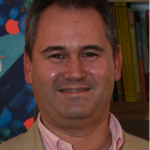







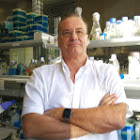

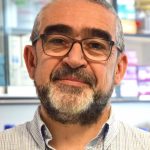







Institute of Molecular Biology, Genomics and Proteomics (INBIOMIC) and Institute of Livestock Development and Animal Health (INDEGSAL)
Fungal mechanisms to escape the action of azole drugs and development of novel antifungal strategies
--------
INDEX
Related Associations (Spain)
Spanish Association of Mycology (AEM)
Spanish Society of Virology (SEV)
Spanish Society of Infectious Diseases and Clinical Microbiology (SEIM)
Spanish Society of Immunology (SEI)
Spanish Society of Parasitology (SOCEPA)
Spanish Society of Tropical Medicine and International Health (SEMTSI)
Related Associations (International)
American Society for Microbiology (ASM) & ASM contents
Argentine Association of Microbiology (AAM)
Mexican Association of Infectology and Clinical Microbiology (AMIMC)
Microbiological Society of Chile (SOMICH)
Pan American Association of Infectology (API)
SARS-CoV-2
- COVID-19 VirusMutation Tracker
Interactive map of detected variants of SARS-CoV-2.Fountain: Nature I. The Lancet Infectious Diseases, 2021) - WHO Coronavirus Dashboard
(Updated data on incidence, mortality and vaccinations carried out) -
European Centre for Disease Prevention and Control: COVID-19 Vaccine Tracker
(Evolution of vaccinations in the EU)
Centers and organizations
- European Centre for Disease Prevention and Control (ECDC)
- Center for Disease Control and Prevention (CDC)
- Higher Council for Scientific Research (CSIC)
- World Health Organization (WHO)
ÓSCAR ZARAGOZA
President of the BMP Group
ozaragoza@isciii.es
ESTER FUSTÉ
BMP Group Treasurer
esterfustedominguez@ub.edu
JAVIER CHAPEL
Secretary and WebMaster of the BMP group
javier.capilla@urv.cat
If you want to spread News, Events, Projects u Job vacancies → CALL
become a partner of the Spanish Society of Microbiology, you can enjoy:
- ADVICE for the organization and management of projects
- TRAINING face-to-face and virtual through courses taught by the SEM
- ASSISTANCE to congresses and activities organized by the SEM
- DISCOUNTS in events and courses
If you are already a member of the SEM, join the Specialized Group Biology of Pathogenic Microorganisms
- Dues
- Become a member
AAA

